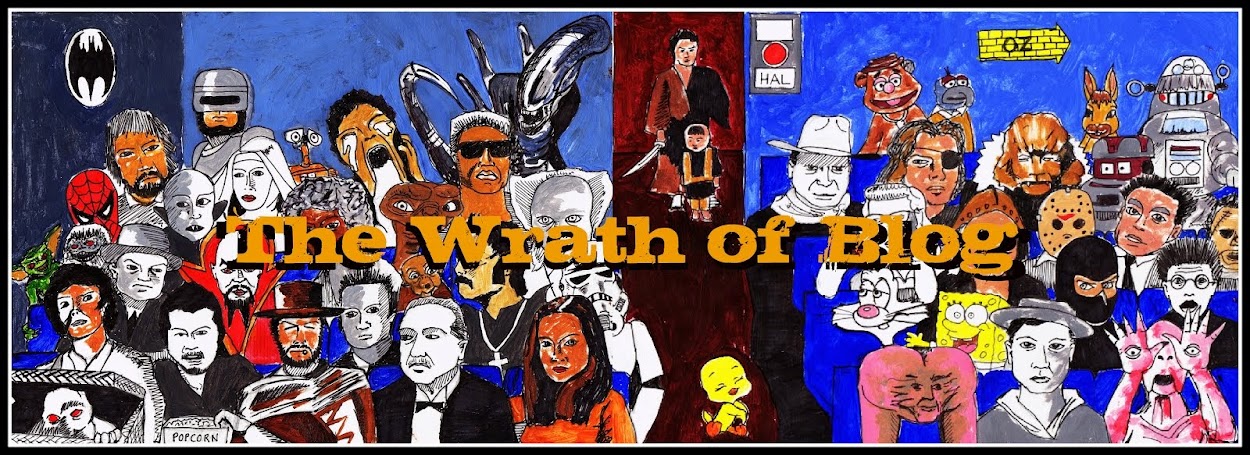 The film follows the Rowan family whose youngest child Bill (Sebastian Rice-Edwards) finds the frequent air raids and destruction as exciting as it is terrifying. His sister Dawn (Sammi Davis) falls for a Canadian solider who is soon called back into action. His father Clive (David Hayman) volunteers for the army and heads off to fight until he's deemed too old and supports the war effort from an administrative angle. And struggling to hold the whole family together is the mother Grace (Sarah Miles), who in her loneliness seeks out the comfort of Clive's best friend who she had feelings for back before she got together with Clive.
The film follows the Rowan family whose youngest child Bill (Sebastian Rice-Edwards) finds the frequent air raids and destruction as exciting as it is terrifying. His sister Dawn (Sammi Davis) falls for a Canadian solider who is soon called back into action. His father Clive (David Hayman) volunteers for the army and heads off to fight until he's deemed too old and supports the war effort from an administrative angle. And struggling to hold the whole family together is the mother Grace (Sarah Miles), who in her loneliness seeks out the comfort of Clive's best friend who she had feelings for back before she got together with Clive.Nominated for 5 Academy Awards, including Best Picture, I was expecting a definitive account of Britain during WWII. What I witnessed was a badly acted, amateurish and poorly scripted film that I found reminiscent of an ITV drama with a slightly bigger budget that normal. I was genuinely surprised, as I'd heard nothing but good things about it. It felt that one scene led to the next without any control or idea of where it was heading. The relationship between Dawn and the Canadian soldier is every bit as predictable and tedious as you would expect, and I failed believe any of it. The third act of the film moves the action to the granddad's countryside home, and meanders there for a long time without much happening at all.
The film is also guilty of some truly terrible acting. Decent child actors are always hard to find, but Rice-Edwards doesn't even remotely convince as an actor. He delivers his lines with a rigid blankness and is not able to channel his character's emotions through to the audience. And the late Ian Bannen playing Grandfather George suffers from a bad script and bad direction. He is meant to be the lovably grouchy old man, but stomping around muttering inaudible grumblings over and over and over again is neither funny or convincing.
I'll stop the moaning there I think, because there were things I also liked about the film, it's just that the negatives irritated me so much that they overshadowed the positives. A stray weather balloon causing havoc amongst the rooftops whilst the family watch with glee, and the Canadian solider pulling faces through the family window while they stand straight-faced listening to 'God Save The Queen' are a couple of the rather wonderful and funny moments of the film. And the forbidden and potential love affair between Grace and her husband's best friend seen through the eyes of a maturing Bill is cleverly explored only in glimpses.
Overall an okay movie, which I will no doubt watch again in a few years to see if I've just missed something, given the overwhelmingly positive critical response the film received. But for now I'll stick to my guns.
Directed by: John Boorman
Starring: Sebastian Rice-Edwards, Geraldine Muir, Sarah Miles, David Hayman, Ian Bannen
Country: UK/USA
Rating: ***
Tom Gillespie













